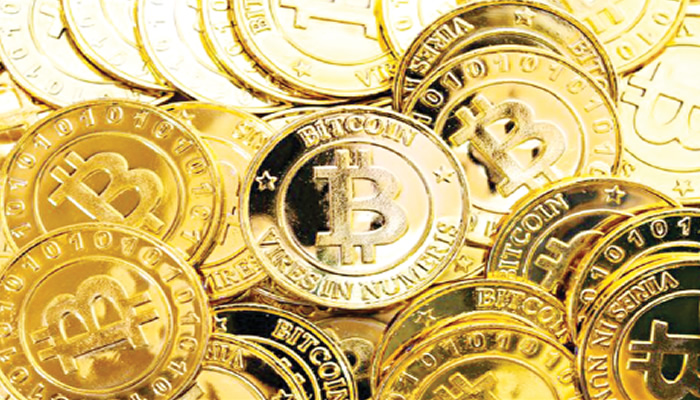WFE demands strict regulations for crypto trading

The World Federation of Exchanges has maintained that Crypto-Asset Trading Platforms should be subjected to strict regulations as existing regulated exchanges.
This was revealed in the latest report from the exchange titled ‘Good Markets for Good Outcomes – the Role of Governance in the World’s Exchanges.”
On Friday, the Central Bank of Nigeria lifted a ban on cryptocurrency transactions. The lifting of the ban comes years after the 2021 circular which barred banks and financial institutions from dealing in or facilitating transactions in crypto assets, due to money laundering and terrorism financing risks.
The latest circular partly read, “From the commencement of these regulations, Fl shall not open or permit the operation of any account by any person or entity to conduct the business of virtual/digital assets unless that account is designated for that purpose and opened in line with the requirement of these Guidelines.”
However, banks were still barred from trading, holding or transacting cryptocurrencies, the CBN said.
The WFE, in its latest report, said that the failures of several crypto trading platforms call for increased interest in regulating them in the same manner as existing regulated exchanges.
“The WFE sees the benefits that technological innovation can bring to financial markets. Our comments here should not be taken as reflecting on the many legitimate and innovative businesses involved in the development and promotion of crypto or any other technology. We offer a valuable perspective on the need for CTPs, and any other new type of entrant in any other field, to be both regulated and operated under the same principles as the regulated exchanges run by our members. Concerning the principles behind a successful financial ecosystem, everyone should evolve beyond the Silicon Valley mantra of “move fast and break things” to one of “if it ain’t broke, don’t fix it” – and, in fact, ‘respect it!’
“The WFE supports governments and regulators in subjecting crypto-asset trading platforms to the rules and laws governing exchanges to achieve a technology-neutral approach to regulation.”
According to reports, the market capitalisation of global cryptocurrency exceeds $1tn.
WFE said that the call for regulations was based on the strings of failures in the market, which it said, “In many cases was not generally related to crypto or the underlying technology. Instead, in many cases, the failure was due to a classic lack of proper systems and controls, poor governance, management inexperience, a lack of segregation of client assets, significant conflicts of interest and possibly even fraud.
Meanwhile, following the crypto ban in 2021, the Securities and Exchange Commission in May 2022 published regulations for digital assets.
Earlier this year, the Commission said it was processing applications for digital exchanges on a trial basis in a bid to widen market participation.
The SEC is considering permitting tokenized coin offerings on licensed digital exchanges that are backed by assets including equity, debt, and property but “not crypto,” Abdulkadir Abbas, head of securities and investment services at the Abuja-based commission said in an interview with Bloomberg.
“We always like to start, as a regulator, with a very simple clear proposal before we go into the complex ones,” he said.
Blockchain research firm Chainalysis said in a September report that the volume of crypto transactions in Nigeria grew nine per cent year-over-year to $56.7bn between July 2022 and June 2023.
Source link
#WFE #demands #strict #regulations #crypto #trading




